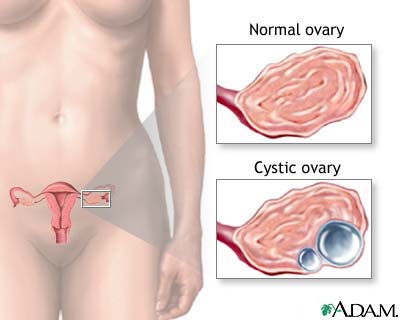
The bail-out plan brings no real news. Europe keeps on fighting the crisis by keeping Greece on financial life support and demanding austerity. there is still no coherent theory to explain how this exactly should work. Demand in Greece is very low, unemployment high. To increase employment, prices should fall so that exports can take off and imports replaced by locally produced goods. Only this would create jobs and growth necessary for repayment of foreign debt. however, the German Exportweltmeister is not willing to move one iota to help Greece by introducing policies that help to rebalance the European economy.
The Virtuous Vicious Cycle
The crisis had been caused by a situation of economic imbalances, meaning that Germany exports a lot to the European periphery while partially accepting financial assets as payment. this is not some theory, but comes out of the balance of payments equation: if I export to you more than you export to me, you owe me more than I owe you. hence, foreign debt increases for you, while I hold an increasing amount of foreign assets. Transferring capital caused the price level to go up, which made real interest rates go down in the periphery, attracting even more capital in a virtuous, but with hindsight probably vicious circle. without the euro the periphery cannot use devaluations to regain its international competitiveness, and hence they are stuck in a situation with a lot of foreign debt and no clear path to repayment.
Inflate the Core
What would help the periphery? First, everything that increases the price level in the core. Cutting working hours, increasing wages, inflation, and so on. second, everything that cuts the costs of repayment of foreign debt and then everything that increases demand and local competitiveness without lowering wages. Why is that? The debt burden is nominated in euros and fixed. lower wages translate into higher real debt burdens, and this makes repayment more difficult.
Destroying Demand is not a Solution
The situation in Europe is sad. Greece, Ireland and Portugal have lost their ability to democratically determine how they want to spend their money. this bail-out will not fix the economic problems, it institutionalizes an undemocratic economic system in which the net exporter gains political power and the costs of the misallocation of capital are saddled on taxpayers. Growth will be low and volatile, as economic policy is guided by the long disproved austerity idea (1937 all over again). I can not even call it a theory since I have never seen any elaboration on how cutting demand in a situation where a shortfall in demand is the problem creates a solution. this, it seems, is a policy that follows somebody’s guts more than economic theory. Definitely not a good form of governance, I’d say.
Time is not an Ally
In case somebody would claim that this policy in conjunction with a rising interest rate would lead to inflows of foreign capital flows that would alleviate the crisis I’d say good luck with that. probably money would flow in, but it would certainly not go where it is needed – the periphery. with the situation as it is in the rest of the world, a higher interest rate attracts money and should increase money supply and therefore the availability of credit. however, I believe it would take years until the tide would go up to the point where the boats in the periphery would get a lift. We don’t have that time. Mass unemployment and political instability are very hard to stabilize, as events in North Africa early this year have shown.
Related Articles
Should European Nations Repudiate the Debt? by L. Randall Wray
Economist Mosler’s Recipe for Greece by Warren Mosler
What should Greece do? by Elliott Morss
Euro Crisis: Key Facts and Predictions by Elliott Morss
Can Greece Survive? by L.Randall Wray
The Rough Politics of European Adjustment by Michael Pettis
Will Europe Face Defaults? by Michael Pettis
End of the Shell Game? by Dirk Ehnts
Merchant of Venus Redux by Andrew Butter
U.S. and EU Debt Crises Compared by Andrew Butter
Will Greece be Colonized? by Bradley Lewis
Greece: No Deal without a National Referendum by Michael Hudson
EU: Politics Financialized, Economies Privatized by Michael Hudson
Share this Econintersect Article: